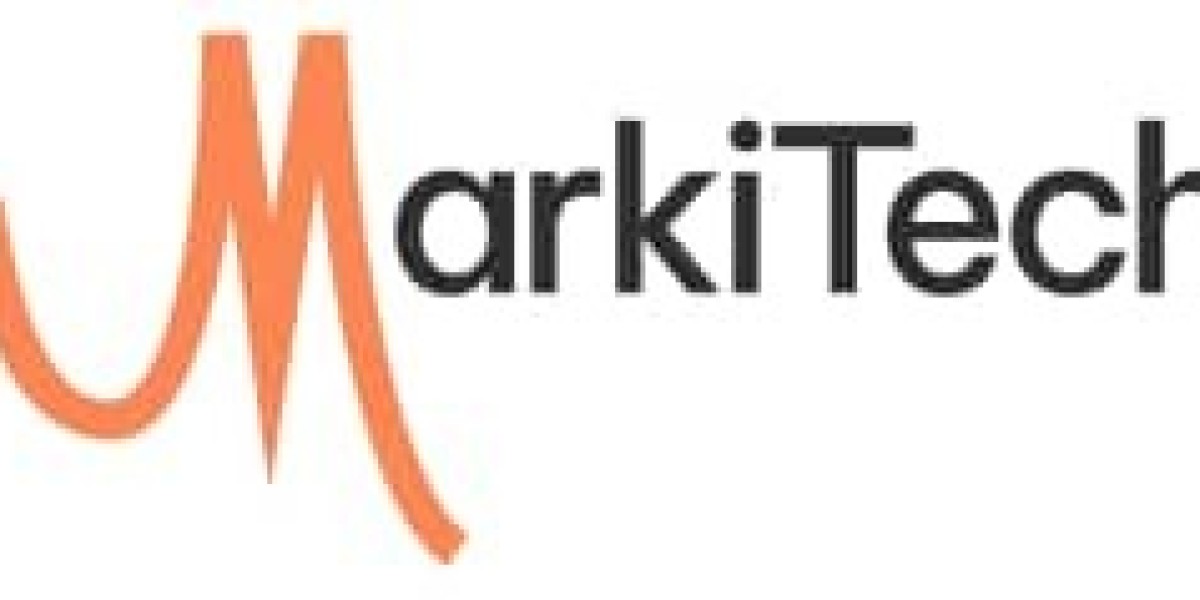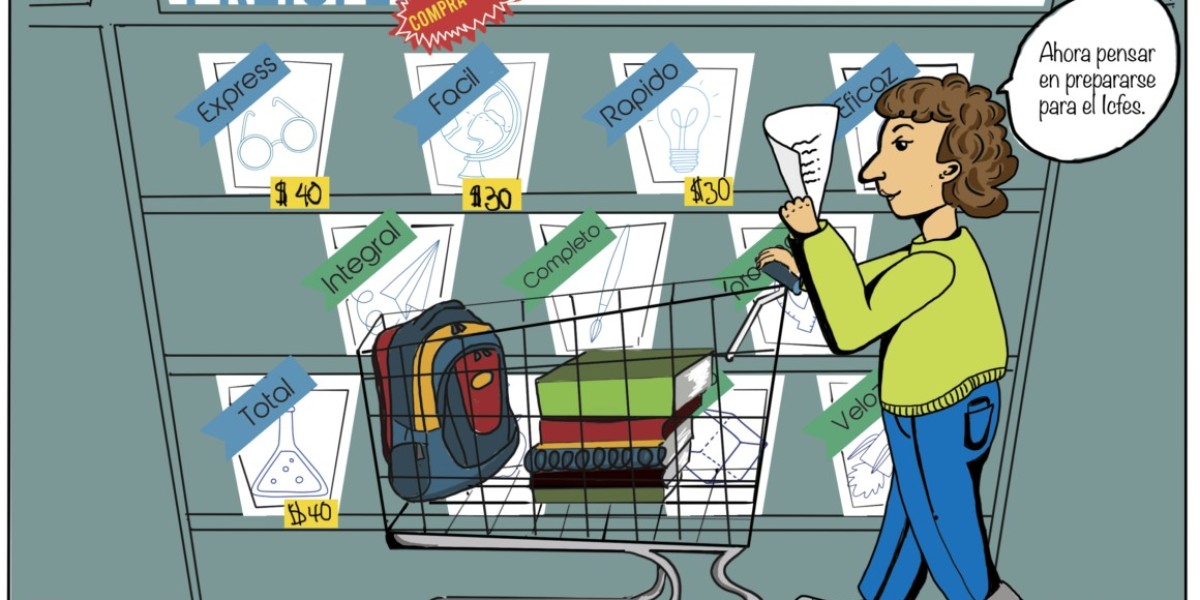Accurate and comprehensive documentation is crucial for effective therapy. Proper therapist documentation ensures continuity of care, legal compliance, and enhanced patient outcomes. In this blog, we will explore the best practices for therapist documentation and discuss how CliniScripts can support therapists in maintaining high-quality records.
Why Therapist Documentation Matters
Therapist documentation, often in the form of therapy notes, serves multiple purposes:
Continuity of Care: Detailed notes allow therapists to track patient progress over time and plan future sessions effectively.
Legal and Ethical Compliance: Accurate records are essential for legal protection and ethical accountability.
Quality Assurance: Comprehensive documentation ensures that all aspects of therapy are addressed, improving the overall quality of care.
Best Practices for Therapist Documentation
1. Be Detailed and Specific
Therapists should aim to be as detailed and specific as possible when documenting sessions. Include information about the topics discussed, the patient’s responses, and any interventions used. This helps in creating a clear and comprehensive record of each session.
2. Use Objective Language
When writing therapy notes, it’s important to use objective language. Describe observable behaviors and factual information rather than subjective opinions. For example, instead of writing “the patient seemed upset,” describe specific behaviors that indicate upset, such as “the patient was crying and avoided eye contact.”
3. Maintain Consistency
Consistency is key in therapist documentation. Use a standardized format for all notes to ensure uniformity. This can include sections for presenting problems, interventions, patient responses, and future plans.
4. Include Relevant Information
Focus on including information that is relevant to the patient’s treatment and progress. Avoid extraneous details that do not contribute to understanding the patient’s condition or planning their care.
5. Ensure Timeliness
Document therapy sessions as soon as possible after they occur. This ensures that the information is fresh and accurate. Delayed documentation can lead to missing or inaccurate details.
6. Prioritize Confidentiality
Maintaining confidential therapy is crucial. Ensure that all notes are stored securely and that only authorized individuals have access to them. Follow relevant privacy laws and regulations to protect patient information.
7. Leverage Technology
Utilizing technology can greatly enhance the efficiency and accuracy of documentation. Tools like note-taking AI and automated note-takers can streamline the process, allowing therapists to focus more on patient care.
How CliniScripts Can Help
CliniScripts offers a range of services designed to support therapists in maintaining high-quality documentation. Their innovative solutions leverage advanced technology to streamline the documentation process.
Automated Note-Taker
CliniScripts’ automated note-taker uses AI technology to transcribe therapy sessions in real-time. This tool significantly reduces the time therapists spend on documentation, allowing them to focus more on their patients.
Note-Taking AI
Their note-taking AI provides accurate transcriptions of therapy sessions, ensuring that all details are captured accurately and efficiently.
Transcribe Audio to Text
CliniScripts offers tools to transcribe audio to text, making it easier for therapists to convert spoken words into written records. This enhances the accuracy and comprehensiveness of therapy notes.
Clinical Documentation Improvement
Their solutions support clinical documentation improvement, helping therapists maintain high standards of documentation and ensuring that all records are accurate and complete.
Clinical Data Management Software
CliniScripts provides clinical data management software that helps therapists organize and manage their documentation effectively. This software ensures that all notes are easily accessible and securely stored.
Conclusion
Effective therapist documentation is essential for providing high-quality care and ensuring continuity of treatment. By following best practices such as being detailed, using objective language, maintaining consistency, and leveraging technology, therapists can enhance their documentation processes. CliniScripts offers innovative solutions that support therapists in achieving these goals, improving the efficiency and accuracy of their documentation.
For more information and updates on therapist documentation and related services, follow CliniScripts on LinkedIn. Discover how their cutting-edge tools can benefit your practice and improve your documentation process.








